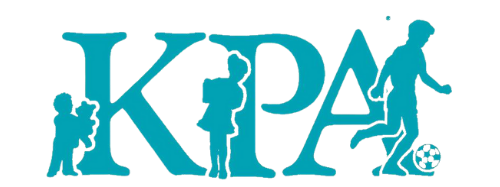Colds
Colds are viral infections of the nose and throat, also called upper respiratory infections. Colds are characterized by a fever or sore throat followed by a runny or congested nose. Nasal discharge may be clear, cloudy, yellow or green. Other symptoms might include a cough, hoarse voice, watery eyes, and swollen lymph nodes in the neck. It is completely normal for a healthy child to get up to six colds a year. The average cold lasts about 7-10 days.
How can I take care of my child?
 You don’t need to call or see a doctor for a common cold unless your child develops a complication such as an earache. Each stage of the cold comes with different symptoms that require different treatments. Runny nose – Blow nose (or suction for young children). If irritation develops around nostrils, soothe the skin with petroleum jelly; Stuffy/blocked nose – Use saline nasal washes or nose spray to loosen dried mucus, followed by blowing or suctioning nose. Repeat until discharge is clear whenever child can’t breathe through their nose; Coughs – Warm or cold liquids. Older than 12 months, use honey. Do not give cold medicine to any child under the age of 2 unless directed by a doctor.
You don’t need to call or see a doctor for a common cold unless your child develops a complication such as an earache. Each stage of the cold comes with different symptoms that require different treatments. Runny nose – Blow nose (or suction for young children). If irritation develops around nostrils, soothe the skin with petroleum jelly; Stuffy/blocked nose – Use saline nasal washes or nose spray to loosen dried mucus, followed by blowing or suctioning nose. Repeat until discharge is clear whenever child can’t breathe through their nose; Coughs – Warm or cold liquids. Older than 12 months, use honey. Do not give cold medicine to any child under the age of 2 unless directed by a doctor.
Sore throats – May give warm or cold liquids, popsicles and soft foods. Administer acetaminophen (Tylenol) or ibuprofen (Advil) according to correct dosages. Fever – Not all colds come with a fever, but if your child develops a fever over 102◦, use acetaminophen (Tylenol) every 4-6 hours or ibuprofen (Advil) every 8 hours. Throughout the cold, encourage your child to drink extra water to prevent dehydration, and to thin nasal secretions; Use a humidifier if the air in your home is dry. Caution: Do not give aspirin to children and adolescents who might have influenza because it may lead to Reye’s syndrome. Read all medication labels to ensure your child is not receiving multiple doses of the same medication. Do not give cold medicine to any child under the age of 2, unless directed by a doctor. Further, cold medicines are not recommended after the age of 4.
Over-the-counter decongestants (pseudoephedrine) are not recommended due to potential side effects. Please note that antibiotics are not helpful unless your child develops an ear or sinus infection.
When to Call
Call during office hours if your child develops any complications such as an earache, sinus pain or pressure, or has a fever lasting more than 3 days. Call our office immediately if your child:
- is having moderate trouble breathing because of a stuffy nose.
Call 9-1-1 immediately if your child:
- has severe difficulty breathing (struggling for each breath, making grunting noises with each breath, unable to speak or cry because of difficulty breathing or severe retractions).
- is difficult to awaken or not alert when awake.
- is very weak (doesn’t move or make eye contact).
- has blue or dark purple color to the nail beds, lips, gums or face.
